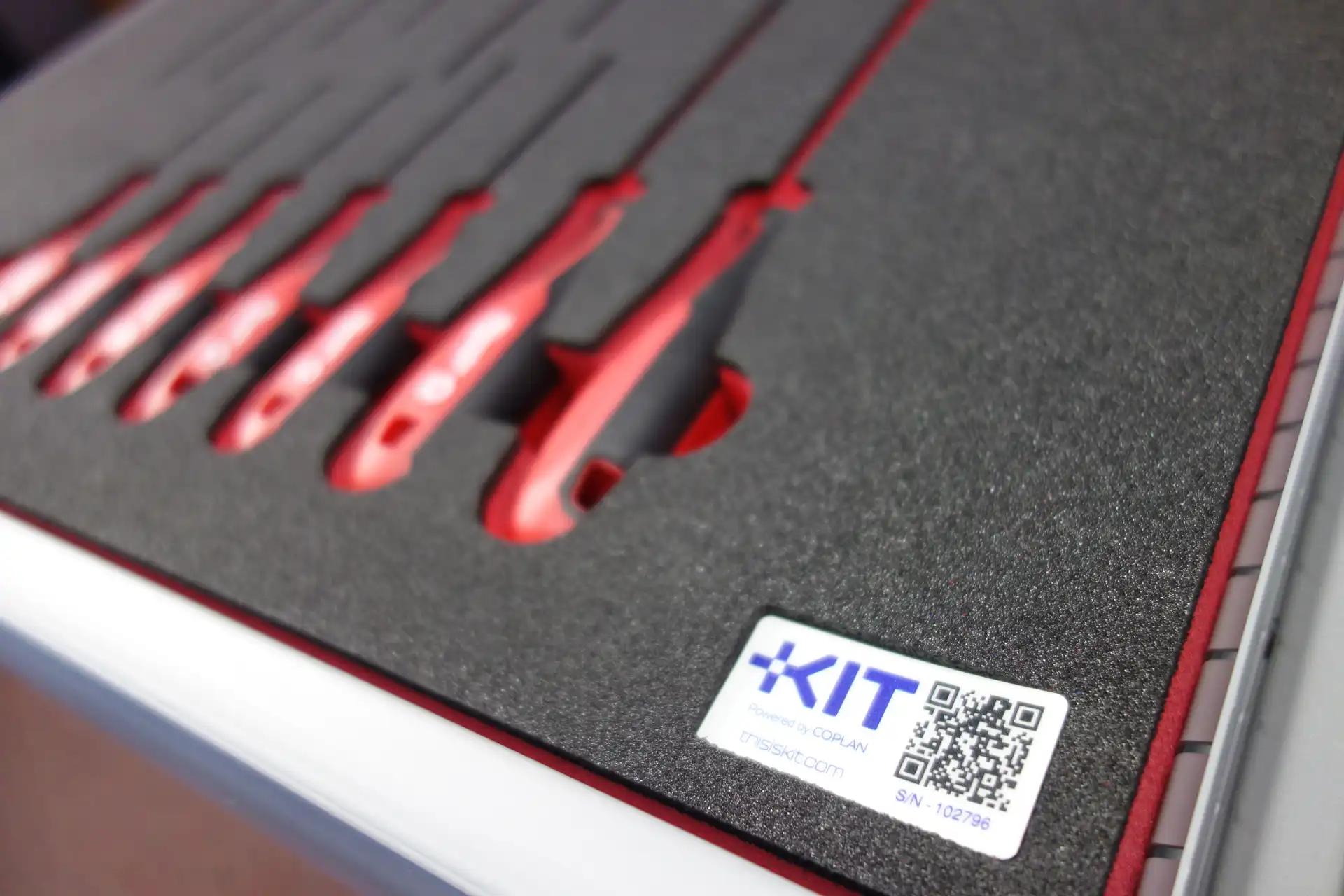The power of tool Standardisation in factory and workshop environments
In the ever-evolving world of manufacturing and workshop environments, efficiency is key.
One of the most effective ways to streamline operations and boost productivity is through tool standardisation. Tool standardisation involves the careful selection and uniform use of specific tools and equipment across the workplace, and its benefits are nothing short of transformative.

Enhanced efficiency
Standardisation simplifies processes by reducing the number of different tools and equipment that workers need to familiarise themselves with. This leads to fewer errors, faster operations, and an overall more efficient workflow. When every worker knows exactly which tool to use for a specific task, it cuts down on the time spent searching for the right tool or troubleshooting problems.
Cost savings
Standardising tools and equipment also has the potential to reduce costs significantly. When the same tools are used across the board, it's easier to buy in bulk, negotiate better prices with suppliers, and reduce maintenance expenses. Additionally, training costs are minimised as workers become experts with a smaller set of tools.
Improved quality control
Consistency is crucial when it comes to quality control. Using standardised tools ensures that each product or component is produced to the same exact specifications every time. This consistency helps maintain quality and reduces the likelihood of defects or rejects.
Safety first
Standardising tools can also play a significant role in enhancing safety in the workplace. Workers become more familiar with the tools they use daily, which can help reduce accidents and injuries. It also ensures that safety measures and procedures are easier to implement and maintain.
Streamlined maintenance
Maintenance becomes a breeze when you have fewer types of tools and equipment to keep track of. Standardised tools are easier to repair and replace, and the process is less time-consuming, saving valuable production time.
Optimised Inventory Management: When you standardise tools, your inventory becomes more manageable. You can easily keep track of stock levels and reorder, when necessary, without the confusion of multiple tool variations.
Preserving institutional knowledge
In the dynamic work environment of today, where staff turnover can be relatively high, standardisation becomes even more vital. Employees may not stay in job roles for extended periods, and as a result, institutional knowledge can leave with them. When tools and processes are standardised, critical knowledge is retained within the organisation, making the transition of new staff members smoother and reducing the risk of losing valuable expertise with departures.
In conclusion, tool standardisation is a powerful strategy for improving productivity, reducing costs, enhancing quality control, ensuring safety, streamlining maintenance, and optimising inventory management in UK-based factory and workshop environments. It also plays a crucial role in preserving institutional knowledge, which is essential in an environment where staff turnover is a common challenge. In an era where industries demand efficiency and cost-effectiveness, tool standardisation is not just a good thing; it's an absolute necessity for staying competitive and ensuring success.
"In conclusion, tool standardisation is a powerful strategy for improving productivity, reducing costs, enhancing quality control, ensuring safety.